From 27 July to 6 August 2022, audiences gathered in Gdansk, Poland to attend the twenty-sixth annual Gdansk Shakespeare Festival, which hosted contemporary productions from Denmark, Poland, the Czech Republic, Norway, Italy, Ukraine, and the United States. The festival featured diverse versions of William Shakespeare’s work including musicals, radical deconstructions, and dance-theatre explorations. Multiple versions of several plays were presented, allowing audience members to celebrate the malleability of familiar stories and experience these four-hundred-year-old texts as provocative visions of the present moment and the future. In the hands of a group of global theatremakers, Shakespeare’s plays became containers for contemporary considerations of human rights, gender politics, anti-war sentiment, and more.
Along with Sopot and Gdynia, Gdansk forms a metropolitan area known as the Tricity. This beautiful port city near the Baltic Sea has a layered history, having once been a wealthy Polish enclave, a German city, and a free city-state. In late July, the breezes were blowing, seagulls were calling overhead, and families flooded the quaint streets, enjoying the slower pace of summer vacation. Although productions were held throughout the city, the home base for the festival was the Gdansk Shakespeare Theatre, which was envisioned by visionary Shakespeare scholar Jerzy Limon. Based on historical evidence that English actors performed Shakespeare’s work in Gdansk in the 1600’s, Limon led the ambitious effort to build a theatre. The result, completed in 2014, is a sleek, modern building with many references to pre-existing local architecture as well as Elizabethan stages. One of the most fantastical elements is the roof, which weighs over ninety tons but can open the stage to daylight in three minutes.
In March 2021, Professor Limon died unexpectedly of COVID-19, leaving the theatre and the festival without their beloved leader. Enter Agata Grenda, the former deputy director of the Polish Cultural Institute in New York, who Limon had previously tapped to become his successor. Grenda accepted the position as director of both the festival and the theatre, and she has embraced the position, the space, and the city with ambition and energy.
If all the world’s a stage, we need those heroes now.
In terms of Shakespeare’s work, Grenda is unequivocal about its relevance: “No one is more accurate or describes the contemporary world better than Shakespeare—all those tyrants, the jealousy, hypocrisy, murderers, gossips.” Under her leadership, this year’s festival expanded to include an international jury as well as a new motto, “Between Heaven and the Stage. After the Tempest?” which emphasizes that while the storms may still be raging, the theatre can help us look forward. In her words, “the world needs protagonists now. If all the world’s a stage, we need those heroes now.”
In an animated interview with me, Grenda was also adamant that audiences need uplifting theatrical spaces: “The role of theatre is also to give joy and laughter. These allow us to keep our humanity, giving us hope and faith that the sun will come out after the storm. This is what this year’s Festival is about.” Her point of view was evident in the theatre, with many of this year’s selections leaning on humor, music, and visual beauty to tell their tales. This joy carried over to the additional programming that surrounded the shows, including artist talkbacks, acting workshops, and a late-night silent disco.
Joanna Klass, the curator and producer who selected this year’s international productions, also prioritized hope and the importance of gathering together at this time, revealing in the press release: “There is no substitute for the communal experience or co-creation of theatre, nor can anything replace the communal viewing of a theatre performance as a spectator: amidst others who are strangers, yet burst out laughing at the same time or hold their breath in delight or sadness.”

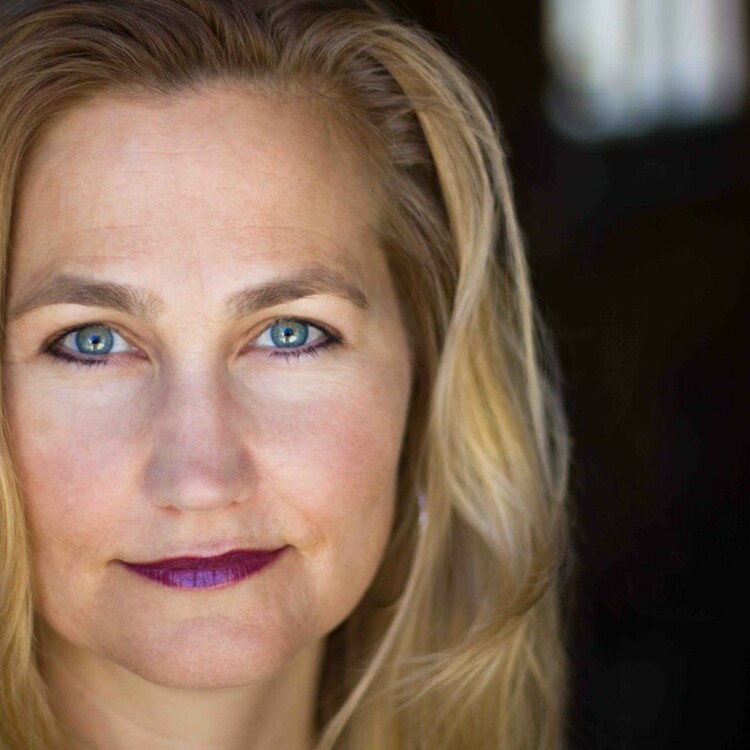
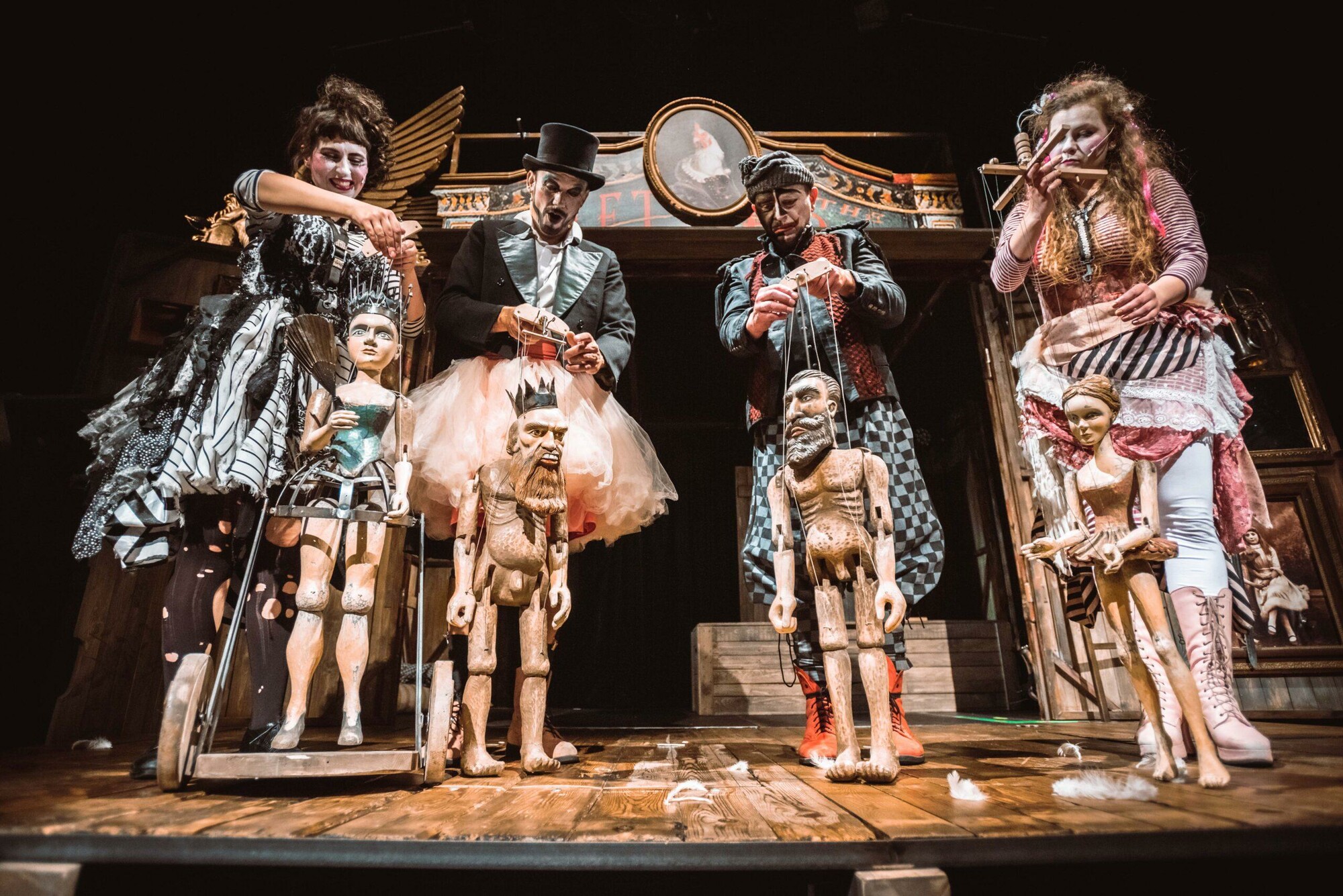
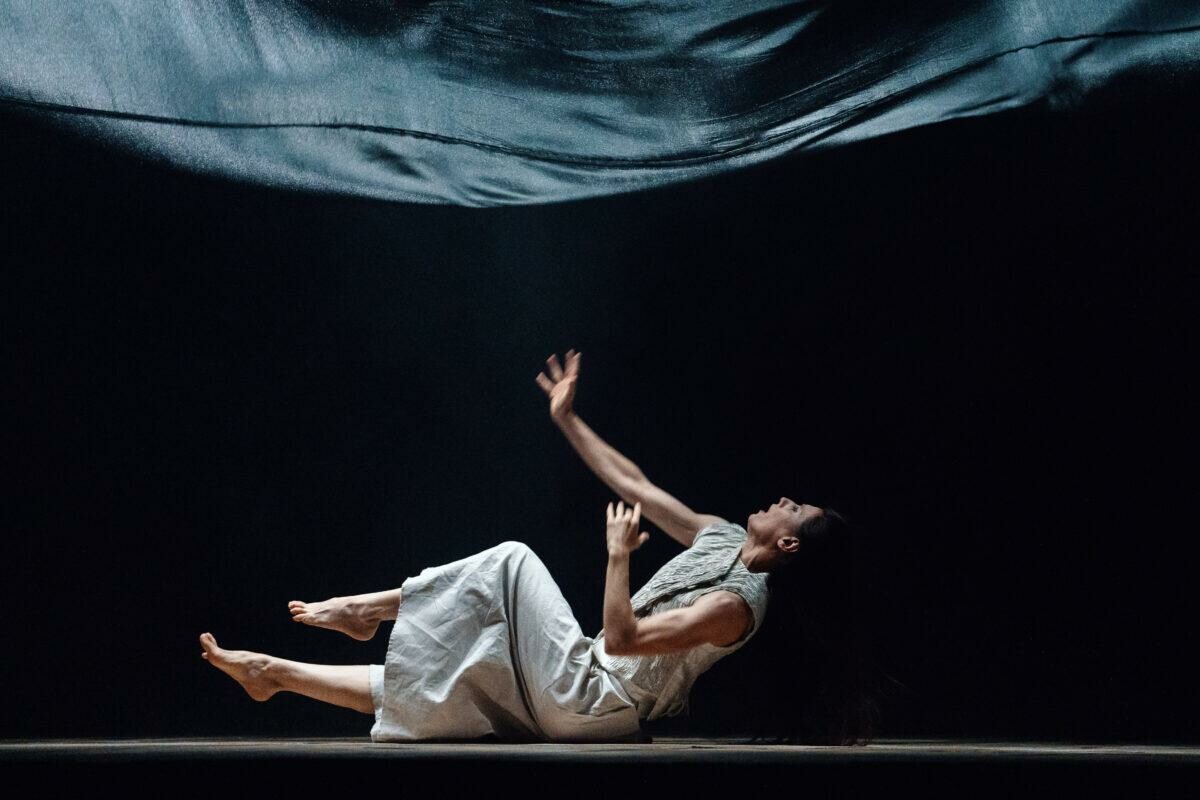
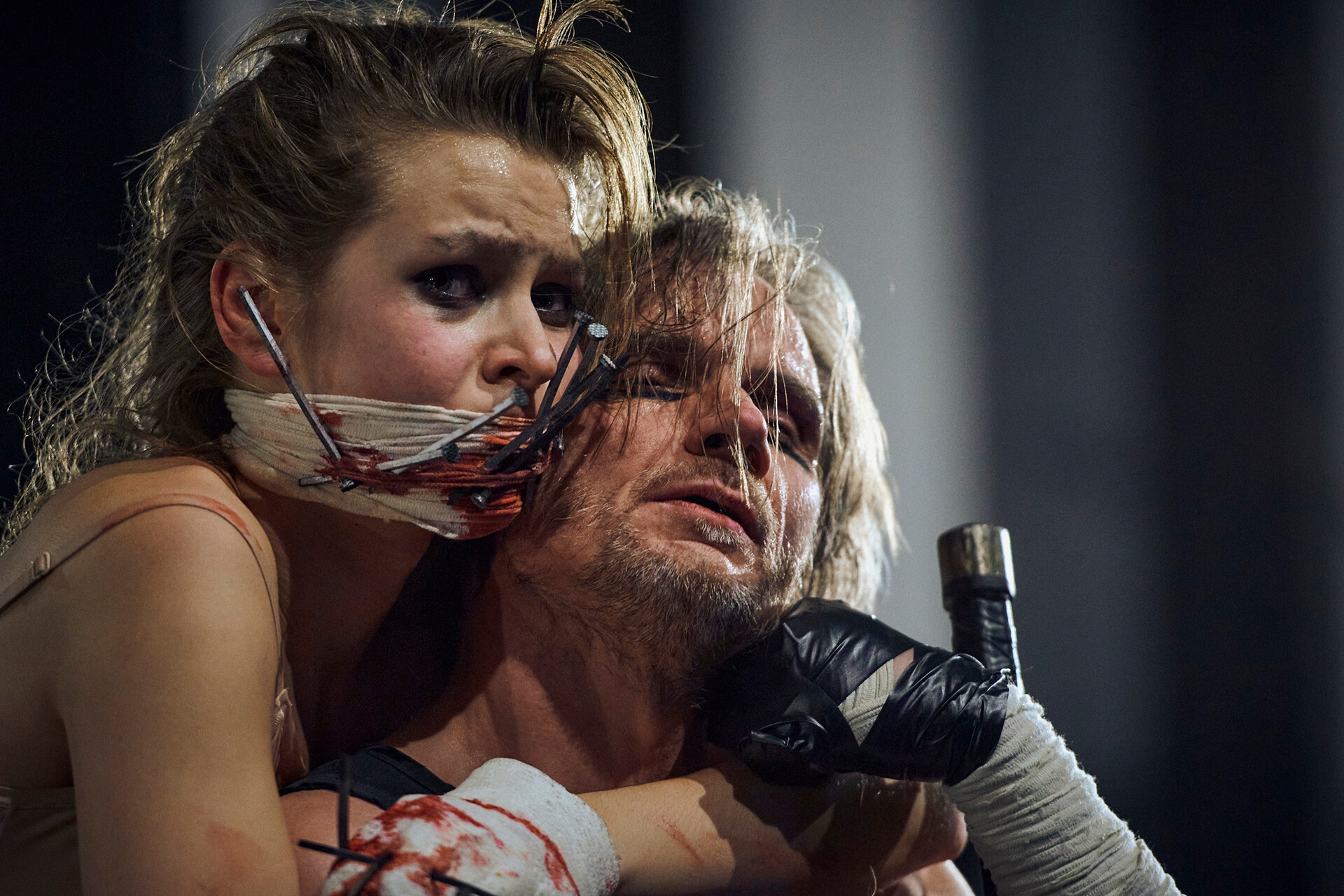
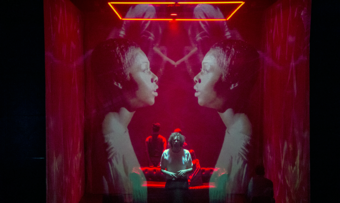

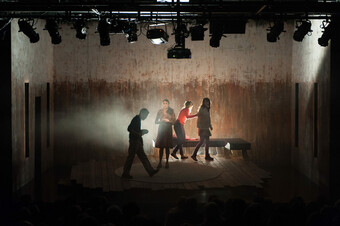


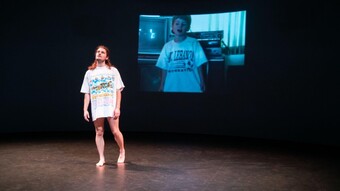



Comments
The article is just the start of the conversation—we want to know what you think about this subject, too! HowlRound is a space for knowledge-sharing, and we welcome spirited, thoughtful, and on-topic dialogue. Find our full comments policy here